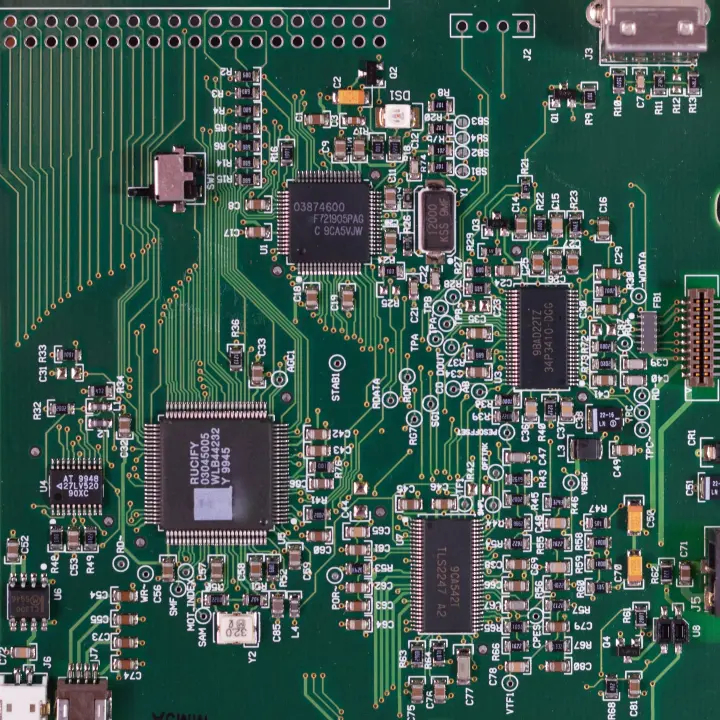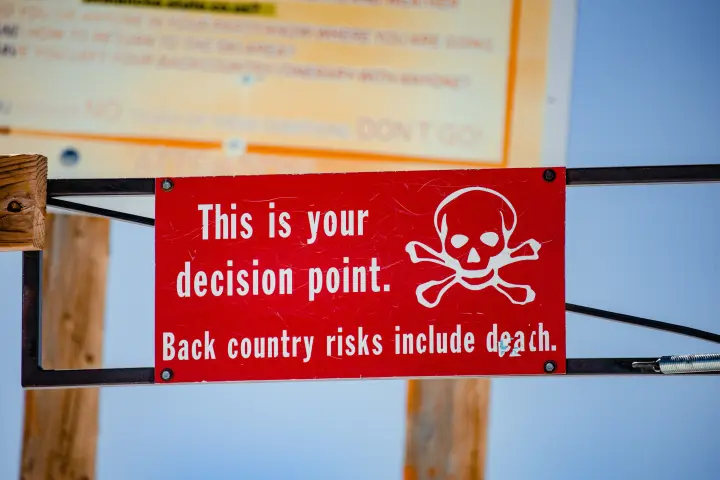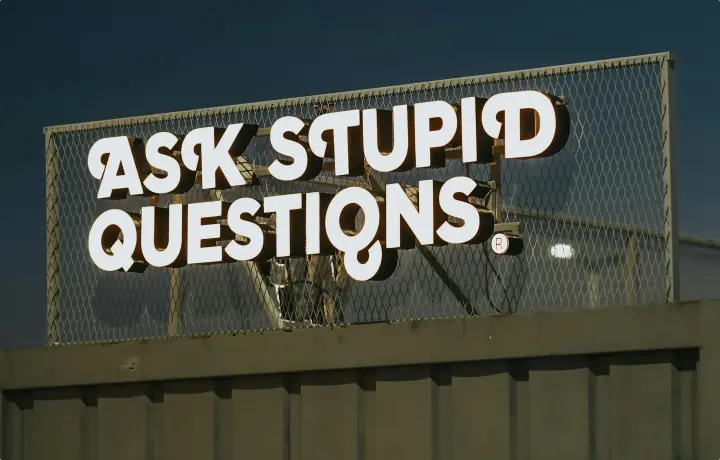Orientation
How Cynical Theory, Science, Logic, and Common Sense fit together.

Analysis
I am different due to my background; being an IT professional, and a nerd, I view things through a logical, technical, and scientific lens. I can't help myself - that's who I am.
Therefore, I analyze everything around me, scrutinize everything to understand what is happening and why, look at how things fit together and organize them hierarchically, and look for patterns and attributes to classify things. I watch what happens, and why, to map out the processes, analyze the big picture, and inspect details to develop an understanding.
It may sound like a lot of work, but it isn't (for me).
After decades of performing these activities in various capacities, in large and small business organizations, and in my professional and personal life, its second nature.
I can't help myself!!!
Where Did Cynical Theory Come From
Engineering
If you don't work in a technical position, you may not understand the engineering principles that form the foundation of everything around you.
You take things for granted and don't give it a second thought. But, the modern world, with all its complexity, is constructed piece by piece on simple engineering concepts.
In my various professional roles, my job entailed understanding how things work. I investigate and delve deeper to gain a more profound understanding of the construction of components (both physical and virtual).

When you understand many things deeply, you also see how the parts all fit together to make the whole.
The "things" I'm talking about are both physical and virtual. You can see the computer and screen you are reading this on. If you are a programmer, you can see the actual code that comprises the program. But for the average person, this physical stuff "just happens" around them without understanding "how."
But there is another dimension that the average person is not aware of. It is the virtual dimension - you can't see or touch it. It is the "intention" that drives the physical implementation.
Behind every option that may be presented to you by the computer, someone decides what that option is, what happens when you choose it, and what happens if you don't choose it. The process is "intentionally" designed to guide you to accomplish a goal. The decisions made occur in a virtual environment in someone's brain (it's virtual because you cannot physically touch thoughts, ideas, or concepts).
Even if something manifests in the physical world, it often begins in the virtual world. It is true of everything man-made: someone thinks it and then creates it.
Everything in the physical world is "engineered" in some way because it has to obey the physical rules of the real world.
Science
When you accept that everything in the physical world must obey physical rules, the next step is understanding the actual physical rules.
Science is the codification of the knowledge about how things work.

The better you understand science, the better you understand the physical world.
- Gary Bozek (2024)
No doubt you can get by in the modern world without understanding science (so many people do).
You don't need to understand electrical power generation, transmission, measurement, or utilization to use a light switch. The light goes on when you operate the switch, as expected.
The problem occurs when light switch doesn't do what you expect.
The less you know about how things work, the harder it will be for you to troubleshoot problems.
Your position may be that you don't need to understand since you can always call someone else to solve your problem. That's true, but that approach brings its own challenges (I won't discuss those problems now but will cover them in a future article).
I believe that the more you understand science, the better your life can be.
For example, if you don't comprehend how things work, how do you make decisions? On what basis do you evaluate your options? How do you know what the pros and cons of each option are?
People make bad decisions when they don't understand how things work.
Unfortunately, ignorance is bliss - they don't recognize it was a poor decision until the negative consequence occurs. Often, they don't see the correlation between their decision and the result!
I actively leverage knowledge to help me assess how things work and to accomplish my goals.
Logic
Logic is a branch of science that deals with the formal principles of reasoning; it relates to drawing inferences or conclusions.

Logic is the foundation of decisions.
If you can't understand and comprehend a problem, identify pertinent information, generate options and analyze their consequences, evaluate alternatives, and consider risks and uncertainty, you won't make competent decisions.
Software developers need to think logically to create software. A computer is a simple state machine that makes logical decisions based on the inputs and programmed decision criteria. Good developers intuitively understand how their programmed rules interact with potential inputs to obtain the desired outputs.
My decades in the IT industry have honed those skills.
People suffer severe consequences when they can't apply logical principles to decision-making.
Common Sense
Common sense refers to a practical, everyday intelligence that relies on practical judgement, sound reasoning, and an awareness of social norms and conventions.

Common sense manifests through action.
You don't know if someone has Common Sense until they do something. Only then can you judge whether they understood the situation, applied reasonable judgement, and made a beneficial decision (to themselves or others).
When I observe behaviour lacking common sense, I see decisions that lack sufficient knowledge and/or are based on a poor conclusion. When those deficiencies are obvious, you conclude that the individual lacks common sense.
As discussed above, you don't need to know EVERYTHING; but there is a base level of knowledge (science) and skill (logic) that, when missing, exposes you to negative consequences. The bigger the deficiency, the bigger the consequences!
I am fully aware that people judge me based on my actions; therefore, I strive to utilize all my skills to make decisions.
Synthesis
During my IT career, from the early 80s to the present, I have seen technology concepts, hardware, software, techniques, and processes come and go. The more things change, the more they stay the same.
I started in technical roles (programming) before advancing to lead teams and assume senior responsibilities (team leadership, analysis, design, project management). I also scratched my entrepreneurial itch, managed companies, and consulted.
I have decades of technical, administrative, and management skills, experience, and knowledge.
People assume that most of my job is technical; if that were true, the job would be relatively easy.
When "people" enter the mix, complexity increases: they don't behave like machines; they can be irrational, emotional, and unpredictable. People are unreliable, inconsistent, and erratic which complicates everything.
I had many job titles through the years, but my real job was intellectual. Every day, I SOLVED PROBLEMS!!!
All the topics discussed previously (engineering, science, logic, and common sense) form the foundation for my ability to solve technical problems.
There are behavioral sciences and theories that help explain human motivation and behavior. I found them insufficient to understand and resolve specific workplace situations I was analyzing.
I spent years developing Cynical Theory to explain, in simple terms, human motivation and behavior. I've tested the theory in real-world situations and am confident it stands up to scrutiny.
Cynical Theory, and various Cynical Methodologies, are synthesized from my life experience and form the foundation of the concepts I teach.
Why Am I Doing This?
I grew up on a rural farm; it instilled principles of helping your neighbor and contributing to others.
In my working life, I found that I love to help other people; it is one of my primary motivators.
Since I was a nerd and loved to read, early in my IT career, I spent a lot of time educating myself. As a life-long learner, I invested my time, read books, and accumulated technical knowledge. My peers soon recognized this and would come to me for assistance with their problems.

Often, I could provide an answer that helped them move forward. It became a self-sustaining cycle where people came to depend on my help.
When I didn't have the answer, I knew who else in the company could help. So I took them and asked their question to someone else. Not only did they get the answer they sought, but I also learned.
That was my approach all my life.
I am retired and have decided to start a movement to help others learn and conquer the Cynical World.
